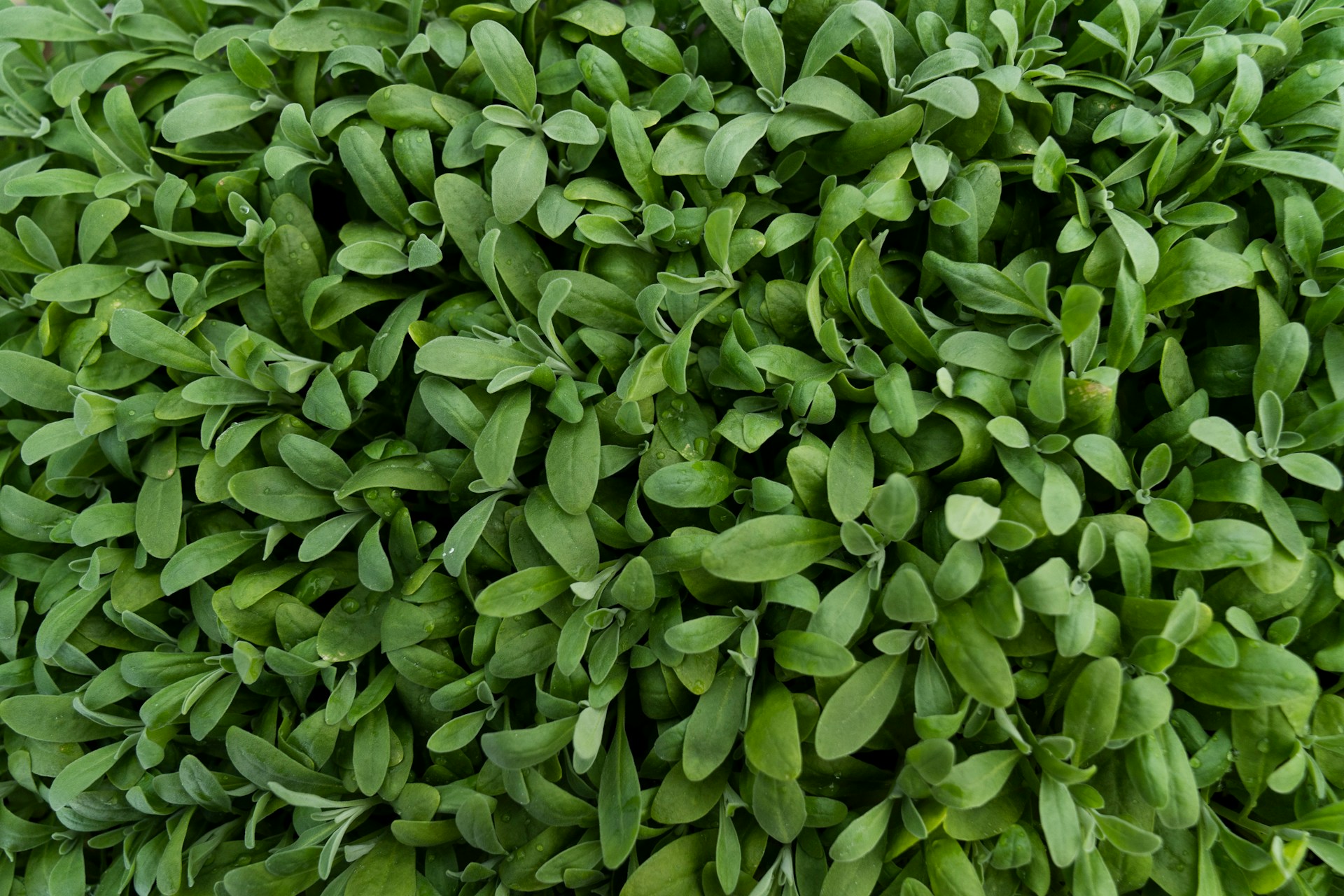This project aims to highlight the importance of preserving plant genetic diversity and to educate the younger generations on food origins, plant-based food production, and the rich diversity of edible plants in the Nordic-Baltic region.
Project purpose and goals
The primary objective is to develop and pilot an educational model to inform children and young people about plant genetic diversity, sustainable food production, and the impact of climate change on agriculture. This model aims to incorporate themes of food heritage, sustainability, and self-sufficiency in food production, engaging participants with the cultivation process and fostering broader environmental awareness.
Project target groups
- The main target groups are children and young people in Lithuania, Iceland, the Faroe Islands.
- Educational institutions, botanical gardens, experts and communities in these areas will be directly involved in project activities, fostering a comprehensive learning experience.
Partners
- NordGen
- Lithuanian Botanical Garden Association, which comprises of botanical gardens in Šiauliai, Kaunas, Klaipeda and Vilnius
- Local partners from Iceland, the Faroe Islands, and Lithuania
Key events and activities
- Adapting the “See, Sow and Taste” model for Lithuania, pilot implementations, and educational programmes focused on biodiversity, sustainable agriculture, and climate change.
- These activities will be supported by teacher trainings, community building activities, and the creation and maintenance of gardens to enable hands-on learning.





